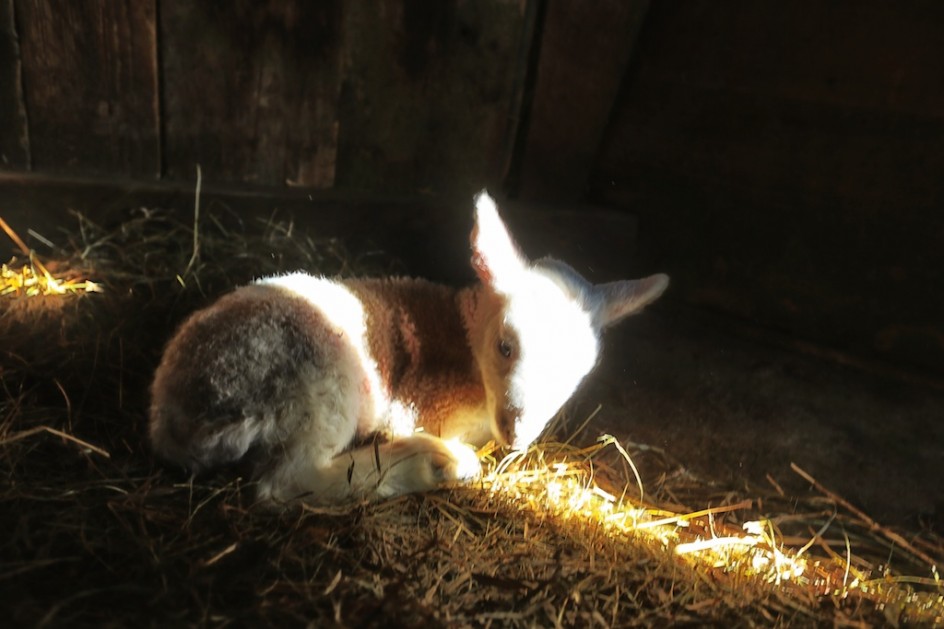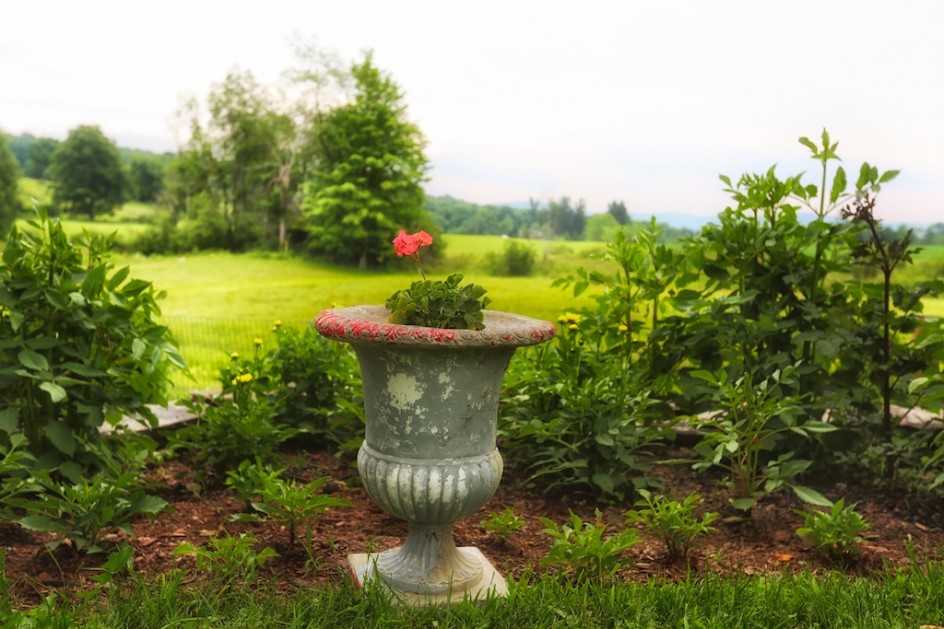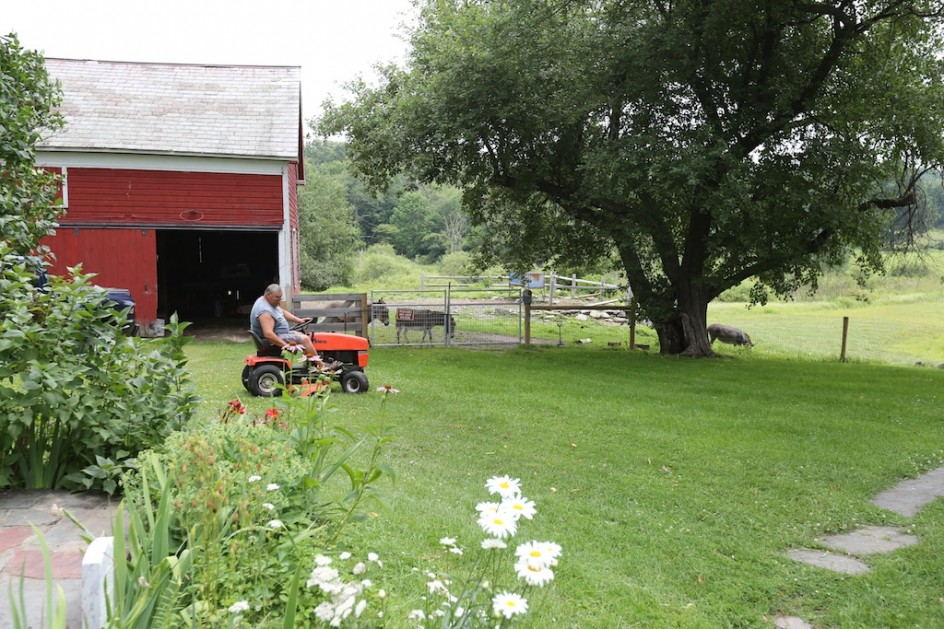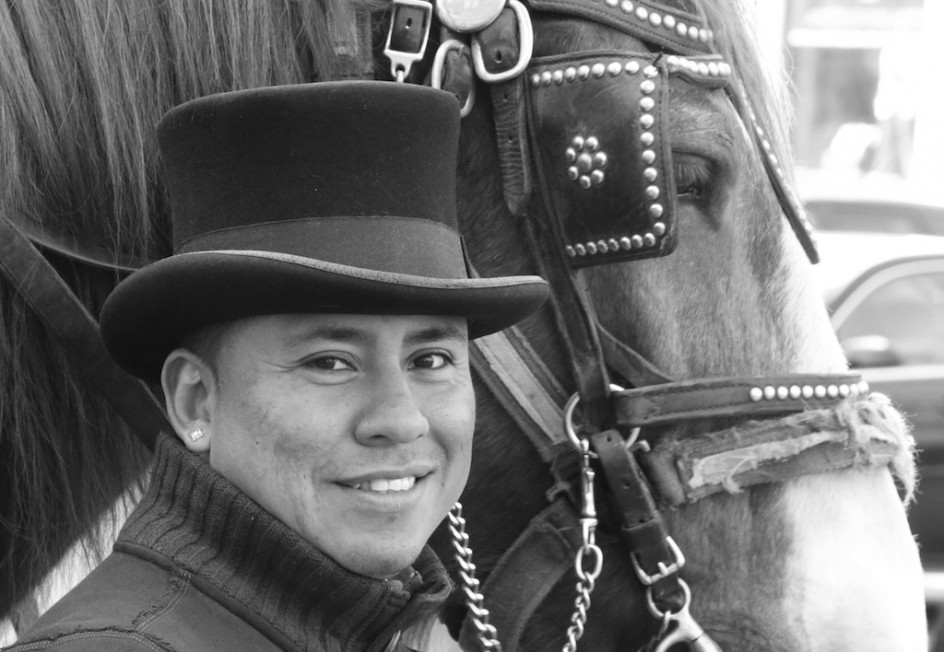
It’s been 13 days since my Open Heart Bypass Surgery, I’ve been home for eleven days. I’ve written about the process of recovery, especially my walking through it. How typically male and American to count the process using my fitbitflex – 3.15 miles today, 6,600 steps, 55 miles since I left the hospital. Sometimes I think I’m just walking my way through the surgery and the trauma of it before I quite understand the meaning of it or the feelings it has provoked and unleashed in me.
I think I’m still afraid to do that, to just acknowledge what happened to me. Generally, I have what some might call a positive attitude about it, I have never felt sorry for myself or been eager to tell my struggle story. I think often of what the doctors told me – I was just a walk or two or strain away from being dead or having a severe heart attack. That will surely alter one’s perspective. I saved Maria from some years of caring from a disabled man. I am grateful that my heart suffered only minor damage. I had this very powerful instinct from the first that I needed to keep moving, keep walking, and that is a healthy thing to do, it is also a good way to hide from the emotional power of the experience.
I lost my life as I knew it 13 days ago, I cannot pick up a can of pickles, my beautiful camera stares at me reproachfully, I cannot touch it for months, I cannot drive or open a door or lift a good – sized novel. My scars and wounds are troubling for me to see and feel, it does not seem like my body, it does not seem or feel like me. I have not recovered from such surgery yet, it will take a good while longer. My wife works day and night to do the things she does and the things I used to do, I don’t want it to be this way. I hate being helpless and feeling helpless. I must spent at least hours a day asleep and recovering from the activity that I undertake, and I am never comfortable sleeping at night, I sleep only an hour or two a night. My diabetes has run amok as the result of the surgery and this causes all kinds of side affects that I am grappling to deal with.
At night the demons appear, they taunt and frighten me, open heart surgery is a video, a reel, that loves to play in the dark, I have nightmare memories and they surface nightly.
Maria says I am quieter, often introspective, even brooding. Not a bad thing in all. I have not experienced the depression often associated with this surgery in men, but I am not chipper most days either. I do feel a sense of sadness and melancholy, my innocence about life has taken a beating. They call it healing, it is a slow and deliberate process with a mind of it’s own.
What do I feel about all of this? How curious that I don’t really know, I don’t think I’ve allowed myself to feel it and think about. Sometimes I want to cry about my almost having died, about the brutally invasive nature of the surgery, about my dependence on others and the long recovery. Sometimes I want to shout and dance at my chance for a new and stronger heart and the new and stronger life it will bring to me. Every day I am grateful that it wasn’t worse, that I didn’t have something worse, I saw many worse things in my time in the hospital.
When the wind is right, I love to sit alone with Red outside on the Adirondack chair, I let it all wash over me and think about how close I came to losing my life, and how determined I am to live my new life, my rebirth and renewal, meaningfully and with grace. Tomorrow, Maria will be back in her Studio for the first time in weeks. She will begin her own process of rebirth and renewal, she helped save mine and in many ways is the point of it.
I don’t want to just walk through my surgery and my recovery, I want to feel it and understand it’s meaning for me. I want to be loved and make love again. I want to let the emotions of it all emerge and wash over me, they need to come out. I’m not sure I know how to do that. I do not wish to be defined by my surgery, I am already weary of people approaching me on the street or elsewhere, eager with details of their surgery, or their fathers or brothers or Uncles. It is not who I am, it is over and I am recovering.
As always, friendship reveals itself, I do not keep score of good deeds to me, but yet I am aware of who has vanished and who is here. I have never been so vulnerable, so the truth is that it matters who vanishes and who is here.
I don’t know if I can get my old life back, if people will let me, I suppose that is up to me. Recovery, like grieving, is individual and personal, we all do it in our own way. If my head is right, then people will respond appropriately, if I don’t dwell on it, nobody else will have a reason to. A man came up to me on the street, I barely know him, and he bragged about the high rate of risk of death – 20 per cent – in his surgery, which was much more complex than mine. “What was your risk?,” he asked.
I said I had no idea, and I guess I do not care to know. My risk was obliviousness and death.
Who cares, really, and what does it matter? A few weeks ago, I was near death and today am not. A few weeks ago I could not walk up a gentle hill and this morning I could. A few weeks ago, Maria and I wondered how we would be together when real trouble struck, and now we know. Most of the time, we had fun and shared a mountain of love. Tomorrow I also return to my work with a renewed sense of feeling and emotion and commitment to rebirth and renewal, to honor the chance I have been given to begin my world anew.
I guess that’s as far as I have gotten with feeling and meaning.



